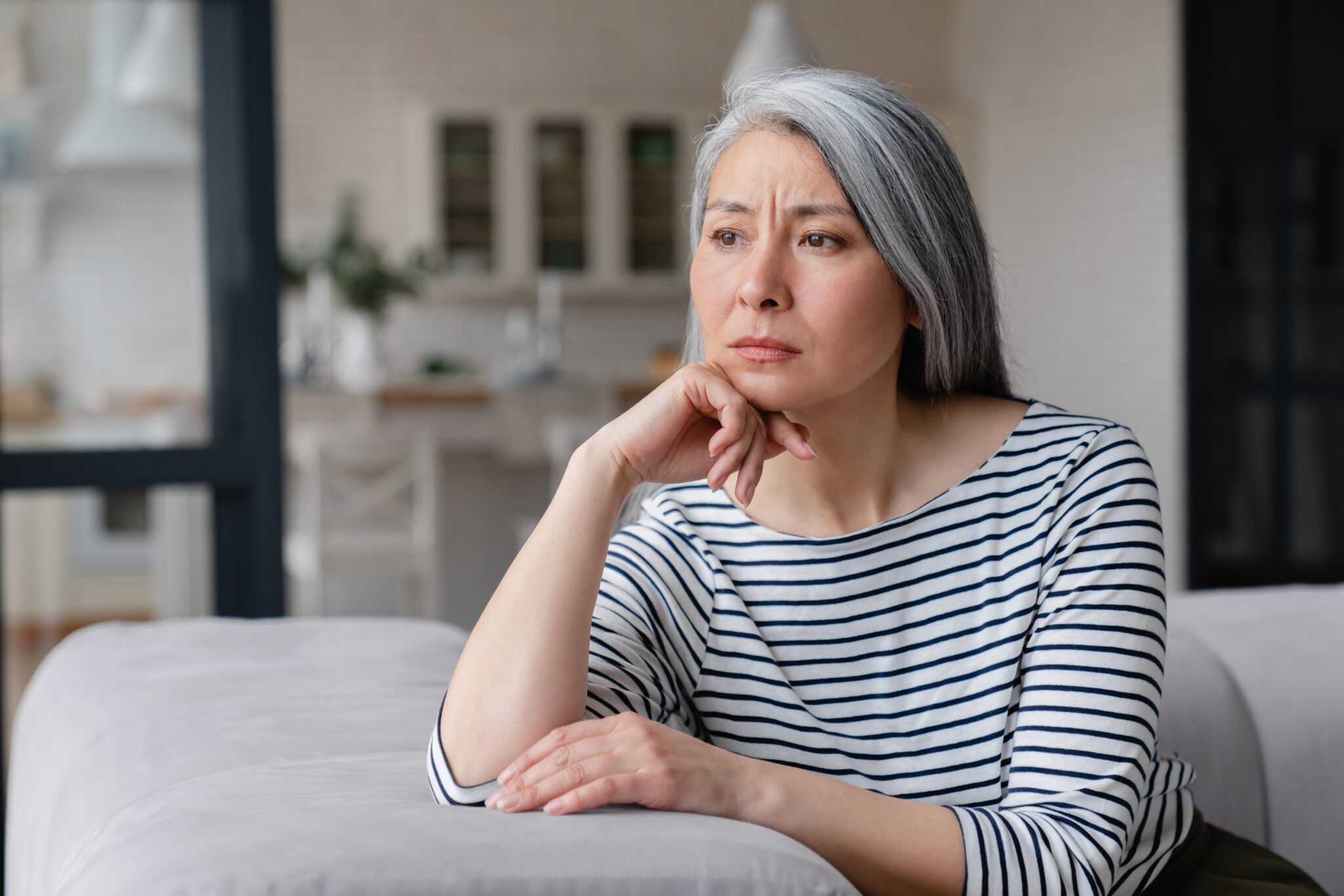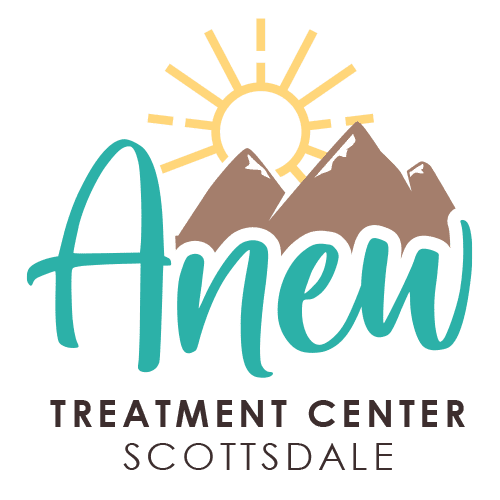What are the Types of Depression?
It is important to know the different types of depression in order to establish relevant recovery options.

What Is Depression?
Depression, also known as major depressive disorder, is a psychiatric disorder that affects mood, behavior, and health. People who suffer from depression have an abnormally low mood or lack of interest in normal activities, which has a negative impact on their lives. A mix of biological, mental, and social sources of discomfort are all possibilities as causes of the condition.
Depression can leave you experiencing stress in life and having employment and money issues. Depression not only affects you and your loved ones, but your work and daily activities also suffer. The great news is that treatment options are available.

Types of Depression
How Common is Depression?
Depression is a common but serious mental disorder that causes severe symptoms that affect how you feel, reason, and handle daily activities. In some cases, major depression can cause severe impairments that may interfere with your ability to carry out significant activities such as eating, sleeping, or performance of daily activities including work, school and basic functioning.
NIMH (National Institute of Mental Health) confirms that 5.6 million young adults had MDE, 4.0 million young adults had MDE with severe impairment the previous year. It is also reported that 52.9 million adults 18 years and older had Any Mental illness (AMI) while 14.2 million had Serious Mental Illness (SMI) in the previous year.2
Is Depression Genetic?
Clinical depression or depressive disorder is the most common type of depression and is more likely to be shared by siblings and children. Scholars at Stanford argued that if you have a relative (parent or sibling) who has depression, you are 2 to 3 times more likely to suffer from depression, unlike an average person.
Depression Symptoms
For you to be diagnosed as suffering from depression, the symptoms you experience may vary from mild to complex depending on the type of depression. The displayal of symptoms must have been observed for at least two weeks and represent a change in your previous level of functionality. It is important to know the signs and symptoms of depression in order to most effectively identify the issue and pursue relevant treatment options.
Some of the symptoms include but are not limited to the following:
Common Types of Depression
Anyone can suffer from depressive disorders at any time, but it first appears in the late teens and early twenties of a person's life.
In 2020, SAMHSA reported that 21.0 million adults had a major depressive episode (MDE), while 14.8 million suffered from MDE with severe impairment.
The report revealed that prevalence for both MDE and MDE with severe impairment was highest in young adults aged 18-25, followed by adults aged 26-49, and lowest among adults 50 years and older. The common types of depression are listed below.
Major Depressive Disorder (MDD)
Major Depressive Disorder (MDD) is the most common depression, diagnosed when you have a persistently low or depressed mood, anhedonia (inability to feel pleasure), feelings of guilt or worthlessness, lack of energy, poor concentration, change in appetite, reduced movement or agitation, sleeping problems, or suicidal thoughts.
In the Diagnostic and Statistical Manual of Mental Disorders, 5th Edition (DSM-5), you must have the five symptoms mentioned above. A depressed mood or anhedonia causing social or occupational impairment must be present to be diagnosed with MDD.3
Persistent Depressive Disorder (PDD)
Persistent Depressive Disorder (PDD), formerly known as dysthymia, is a chronic depressive mood disorder that lasts for two years. Suppose you are diagnosed with persistent depressive disorder. In that case, you may experience episodes of major depression and periods of less severe symptoms. Still, symptoms must last for two years for your condition to be considered a persistent depressive disorder.
Bipolar Disorder
If you have bipolar disorder—you experience alternating episodes of depression and unusual hyperactivity and energy. The hyperactive session doesn't last long, as they are soon followed by depression, but can be very destructive during that episode; you get grandiose ideas, overspend, perform activities at a faster pace, want to pursue all types of pleasure, including sex, you have no desire to sleep, your self-esteem is ramped up, and you are likely to take unnecessary risks.
Postpartum Depression (PPD)
After delivery, you may feel mild depression or anxiety that stops after a week or two. Postpartum depression, on the other hand, is much more severe; you may experience full-blown depression during pregnancy or after giving birth.
The feelings of extreme sadness, anxiety, and exhaustion that accompany postpartum depression may make it difficult for you to be fully functional regarding your baby's needs and yourself. Reproductive hormones majorly influence PPD.
Premenstrual Dysphoric Disorder (PMDD)
Premenstrual Dysphoric Disorder is caused by reproductive hormones and is a severe form of premenstrual syndrome, or PMS. In this type of depression, you will experience symptoms of PMDD, usually at the beginning of ovulation and end once menstruation starts.
Doctors at Harvard advise the use of Selective serotonin reuptake inhibitors (SSRIs), such as fluoxetine (Prozac) and sertraline (Zoloft), to reduce symptoms.4
Seasonal Affective Disorder (SAD)
The seasonal affective disorder is a mental illness that affects you only during certain seasons or when seasons change. If you have seasonal affective disorder, you will show signs and symptoms associated with major depressive disorder or bipolar disorder only during certain months, which usually lasts 4 to 5 months.
Atypical Depression
Atypical depression is associated with symptoms like a very sad mood and having trouble finding pleasure. This type of depression can also make you deeply sad and is prevalent among women.
Unlike sadness, depression symptoms may improve when you experience positive life events or have hope for a better future. In this regard, atypical depression is more tied to your situation and environment.
Causes of Depression
Depression results from social, psychological, and biological factors; for example, if you have gone through adverse life events such as loss of a job, grief, or traumatic events, you are more likely to develop depression.
Depression can lead to more pressure and dysfunction and worsen your life situation or the depression itself. Below are a few causes worth noting.
Brain Chemistry
A chemical imbalance can cause changes in the brain's neurotransmitter levels, for example, when you use a Central Nervous Stimulant that alters the brain's normal functions and can cause depression and other mental disorders when these levels reduce or increase.
Hormone Levels
Hormone levels fluctuate, especially in women during reproductive events; you may feel depressed just before you begin your menses, during pregnancy, or after delivery. Your hormone levels will change during premenstrual, postpartum, and menopausal transitions, making you likely to experience depression because of heightened sensitivity to intense hormonal fluctuations.
Family History
If you come from a family with issues of depression, you are likely to be 2 to 3 times more likely to suffer from depression yourself. Some people are predisposed to depression, and it is important to be aware of that as you or your loved one navigate the life challenges and a potential diagnosis.
Early Childhood Trauma
Trauma, such as physical, sexual, or emotional abuse can make you more vulnerable to depression later. It is important to address any potentially suppressed traumatic experiences to enable the best healing opportunities moving forward.
Medical Condition
Medical conditions like stroke and cardiovascular disease can lead to depression. Sometimes, depression happens along with a significant illness or may be triggered by another medical condition.
Treatment for Depression

Types of Depression
Through the National Institute of Health Department, the National Center for Biotechnology Information (NCBI) recently reported that approximately 8.4% of adults screened positive for depression-related disorders, of which 28.7% received any depression treatment.5
On the other hand, among all adults treated for depression, 29.9% had screen-positive general depression, and 21.8% had a severe depressive disorder. Available treatment opportunities are available below.
Therapies
Psychotherapy or talk therapy is a treatment method used by psychiatrists and other mental health professionals to help you identify and change problematic thoughts, emotions and behavior. This can be achieved through one-on-one meetings and group therapy session
Medication-Assisted Treatment
Medication-Assisted Treatment (MAT) is a treatment method where different types of approved medicines are used to treat a specific condition. After you have been diagnosed with a particular type of depression, a healthcare provider may prescribe Antidepressants - medicines that treat depression to cure your depression. Antidepressants work together with therapy.
Support Groups
Support groups are networks that assist you in coping with depression and any other mental health problems you may be experiencing. You can vent, air out and discuss your milestones, drawbacks, and what you are doing to achieve recovery.
Anew Treatment Center
Our mission at Anew Treatment Center is to provide safe and welcoming mental health treatment and continuum of care, enabling you or your loved one to regain autonomy over your life. We know that–while depression can feel debilitating and ostracizing–it is an all too common disorder. You are not in this alone. We’re here to help you learn coping techniques, develop personal growth, and direct your healing journey with a plan directly curated to your unique needs and expectations.
Please don’t hesitate to contact us if you have any questions; we’re here for you every step of the way.
Resources
- https://www.samhsa.gov/data/sites/default/files/reports/rpt35325/NSDUHFFRPDFWHTMLFiles2020/2020NSDUHFFR1PDFW102121.pdf
- https://www.nimh.nih.gov/health/statistics/major-depression
- https://med.stanford.edu/depressiongenetics/mddandgenes.html
- https://www.health.harvard.edu/mind-and-mood/six-common-depression-types
- https://pubmed.ncbi.nlm.nih.gov/27571438/
Learn More About Our Treatment Programs
Our team is ready to talk and determine how we can help. Rest assured your call is confidential. We're here for you.


